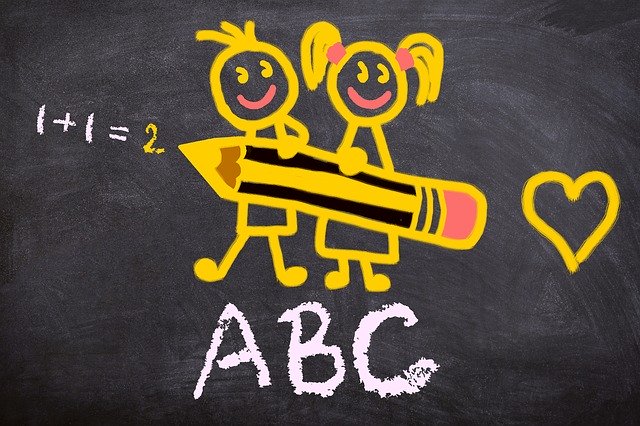A team of scientists led by Alyssa Kersey from the University of Rochester have found that at the age of 3 to 10 years, boys and girls do not differ from each other in the way their brain processes information related to mathematics. To do this, the researchers conducted an fMRI experiment involving 104 children who were shown educational videos with mathematical concepts known at their age. The similarity of brain activity in the processing of mathematical stimuli at an early age suggests that the predominance of boys and the lack of girls in mathematics are most likely not due to biological factors.
In the natural sciences, engineering and technological specialities, as well as in mathematics, there is a significant lack of women. This is true not for all areas falling into this category (this does not apply, for example, biology), in addition, now there are many programs that are aimed at supporting women professionals. Moreover, in mathematics, the lack of women is significant and most noticeable: it is customary to associate this with the peculiarities of thinking and the difference in cognitive abilities. For example, recently scientists found that by the age of 15 girls and boys are making equal progress in mathematics, but girls are superior to their peers in reading: this gives them an advantage in choosing humanitarian specialities.
If any differences in thinking that determine the success of a gender in mathematics really exist, then they should have a biological basis – most likely, differences in the functioning of the brain. To study this issue in more detail: 104 children aged 3 to 10 years old took part in their study (55 of them were girls).
The study was conducted using fMRI: children, depending on their age group, were shown training videos on familiar mathematical topics (for example, addition by the example of objects or multiplication), while scientists looked at the activity of the brain of children. In addition, 63 adults (25 women among them) who watched the same videos also took part in the study: the activity of their brain while watching was used to assess how mature the children’s brain is – if more precisely, how much brain activity (with per voxel) is similar between the brains of children and adults.
The analysis of the activity showed that by the fact that the brain maturity of children is comparable to the adult brain: in other words, the activity when watching a video was similar in the two groups. As for the difference between boys and girls, they also showed similar brain maturity (p <0.001), which suggests that, in general, the neural activity involved in general mathematical thinking is similar for different sexes. Increased activity in the processing of numbers during fMRI studies was observed in the area of the intrathoracic groove and also did not differ between boys and girls. In addition, children of both sexes showed similar results in standardized mathematical tests (p = 0.004), and this similarity did not disappear with age (p <0.0001).
The authors of the work thus showed that at the level of neural processing, boys and girls do not differ in terms of mathematical knowledge. Of course, this is true only for children of the age of the study participants, that is, from 3 to 10 years; this, however, suggests that the differences in the success of boys and girls in mathematics that appear at a certain age are not determined by their initial abilities, but, apparently, are formed due to the influence of some external factors.
